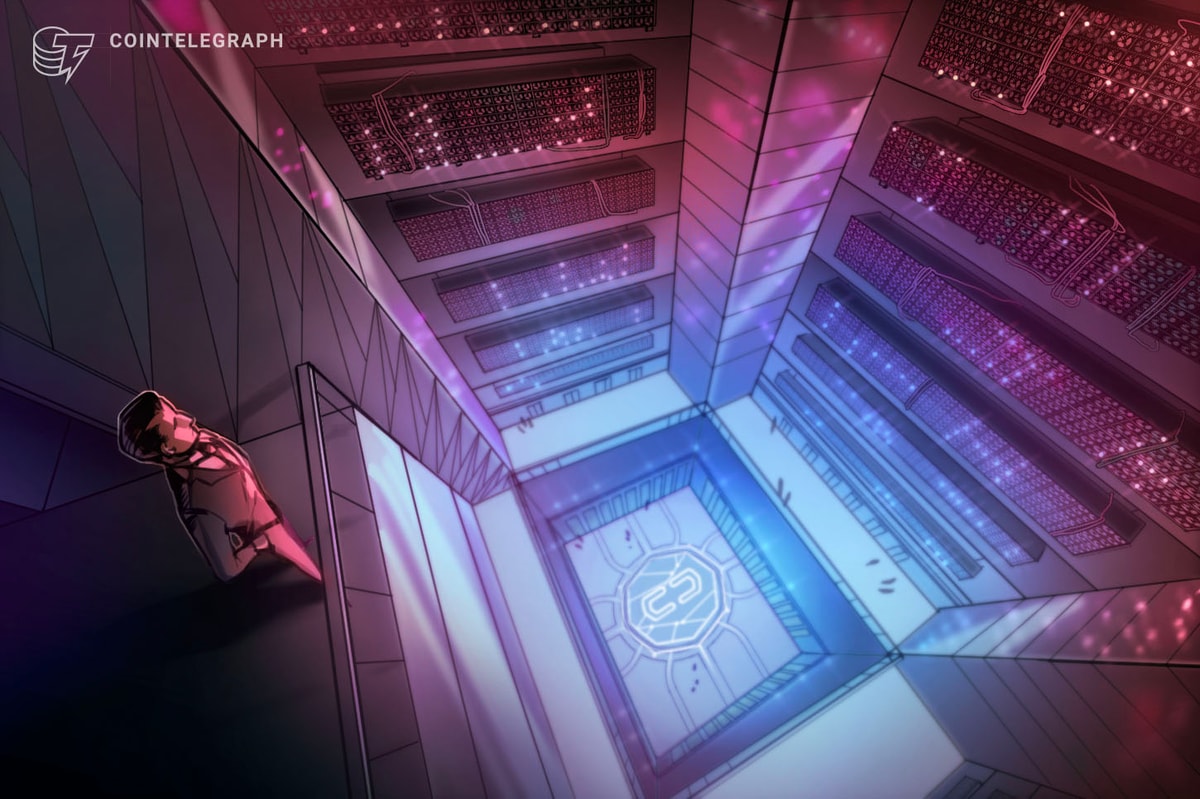Publicly traded mining companies in the US are now feeling the effects of trade tensions between the United States and China.
News
US mining companies are experiencing delays in receiving shipments of application-specific integrated circuits (ASICs) — the hardware used to mine Bitcoin (BTC) and other cryptocurrencies — from Chinese manufacturer Bitmain amid trade tensions between the two countries.
According to a Feb. 13 Bloomberg report, the shipping delays are due to increased scrutiny of Chinese-manufactured ASICs and high-performance computing hardware by the United States Customs and Border Protection (CBP).
The delay is part of an earlier crackdown from the CBP on Bitmain imports to the US, which began in November 2024 and resulted in ASIC shipments being detained for months by the CBP at US ports of entry.
The US Department of Commerce, under the Biden administration, also added Sophgo — an AI company with links to Bitmain — to its blacklist of foreign entities restricted from receiving US AI chips in January 2025.
Shipping delays are expected to hurt the profitability of US mining firms in an already competitive field as fears of a prolonged trade war between the two countries continue to mount and the BTC mining difficulty climbs.
Current Bitcoin difficulty. Source: CryptoQuant
Related: ‘Today is the big one: reciprocal tariffs‘ — President Trump
Older mining hardware teeters on edge of operating loss
Data from CryptoQuant shows the current Bitcoin mining difficulty has surged to over 114 trillion following the most recent adjustment.
According to TheMinerMag, the mining hash price — a metric that tracks how much miner revenue is generated per unit of computation power expended — has dropped to $53 per petahash per second (PH/s).
The reduction in hash price places older mining hardware, such as the Antminer S19 Pro, at risk of not operating at a profit in markets with above-average electricity costs or higher hosting costs.
Revenue and cost breakdown for ASIC mining hardware. Source: TheMinerMag
Publicly-listed mining companies were already feeling financial pressure following the reduced block subsidy from 6.25 BTC per block to just 3.125 BTC in April 2024 and a steadily rising network hashrate.
Mining firms turned to several strategies to offset the rising pressures in 2024, including holding Bitcoin as a corporate treasury asset and diversifying business operations into the growing AI data center sector.
Magazine: How Chinese traders and miners get around China’s crypto ban
This article first appeared at Cointelegraph.com News

